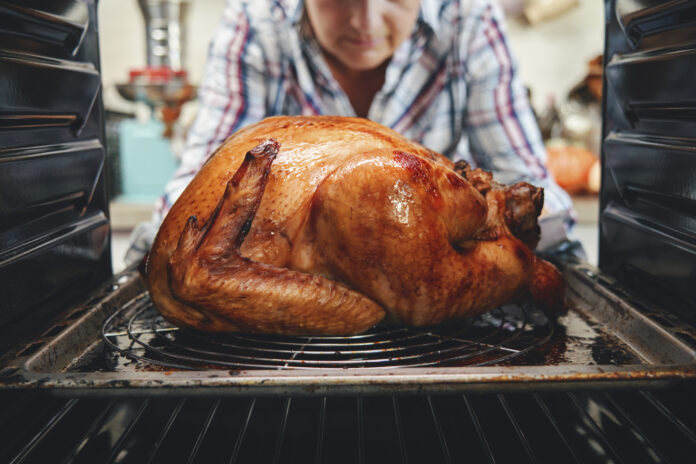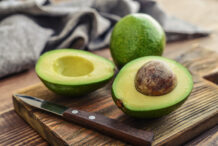Is it true that turkey makes you sleepy?
Not quite. This claim likely originated from the stupor-like zone many people find themselves in after a heavy Thanksgiving dinner in which turkey is often the centerpiece. You may recall how this myth was reinforced by a 1990s Seinfeld episode in which George and Jerry tried to make someone sleep by stuffing them with turkey.
Here’s some background that has helped fuel this misconception: Turkey, like other sources of complete proteins, contains the essential amino acid tryptophan, which, like other amino acids, can enter the brain by crossing the blood-brain barrier, where it is converted to the neurotransmitter serotonin. Serotonin has a calming effect that helps regulate sleep, and it is a precursor to the hormone melatonin, which also is associated with sleep.
In addition, some research suggests that tryptophan supplements, sold as sleep aids, might improve sleep quality in some people with insomnia, though, overall, the evidence of this benefit in human trials is limited and inconsistent. (Anyone considering a tryptophan supplement at doses of more than 2 grams a day should consult with their primary care provider first.)
But here’s where the claim doesn’t entirely add up: Taking tryptophan by itself, as in supplements, would open the entry gate to the brain—but no food contains tryptophan alone. Turkey contains other amino acids besides tryptophan, and all of them compete for a shared entry portal into the brain.
Think of it this way: The journey of the tryptophan in turkey across the blood-brain barrier can be likened to being a passenger on a crowded bus, where everyone is vying for a seat. The presence of other amino acids makes it less likely that a significant amount of tryptophan will find a seat and successfully make its way into the brain.
Moreover, the conversion of tryptophan to serotonin in the brain can occur when you eat any tryptophan-containing food, not just turkey—and lots of other foods provide even more tryptophan per ounce than turkey, including some cheeses, bacon, pumpkin seeds, oat bran, and tofu. Yet it’s unlikely that any of these foods have you snoozing when you’re done.
More likely, that after-turkey lull can be blamed on the large amount of carbohydrates consumed in a typical Thanksgiving meal (the stuffing, gravy, potatoes, rolls, and pie, for instance). Carbs trigger the release of insulin and the uptake of amino acids into muscles—all except for tryptophan. Though carb-rich foods themselves contain little or no tryptophan, they paradoxically reduce competition from other amino acids to enter the brain, allowing more tryptophan—from turkey or other foods—to cross the blood-brain barrier and be converted to serotonin.
Another likely culprit is the sheer volume of food consumed at big meals where turkey is served. After a large meal, blood pressure may drop (called postprandial hypotension), which can cause sleepiness (as well as nausea). Then there is the parasympathetic nervous system, which produces acetylcholine after a meal for the purpose of “resting and digesting”—and that “resting” may be why many people naturally feel sleepy after a big meal. Finally, there is the wine (or other booze) often served at holiday meals, which could also have you drifting off.
BOTTOM LINE: If you nod off after your Thanksgiving (or other large) meal, don’t blame the poor turkey. It’s more likely you just overate overall.





